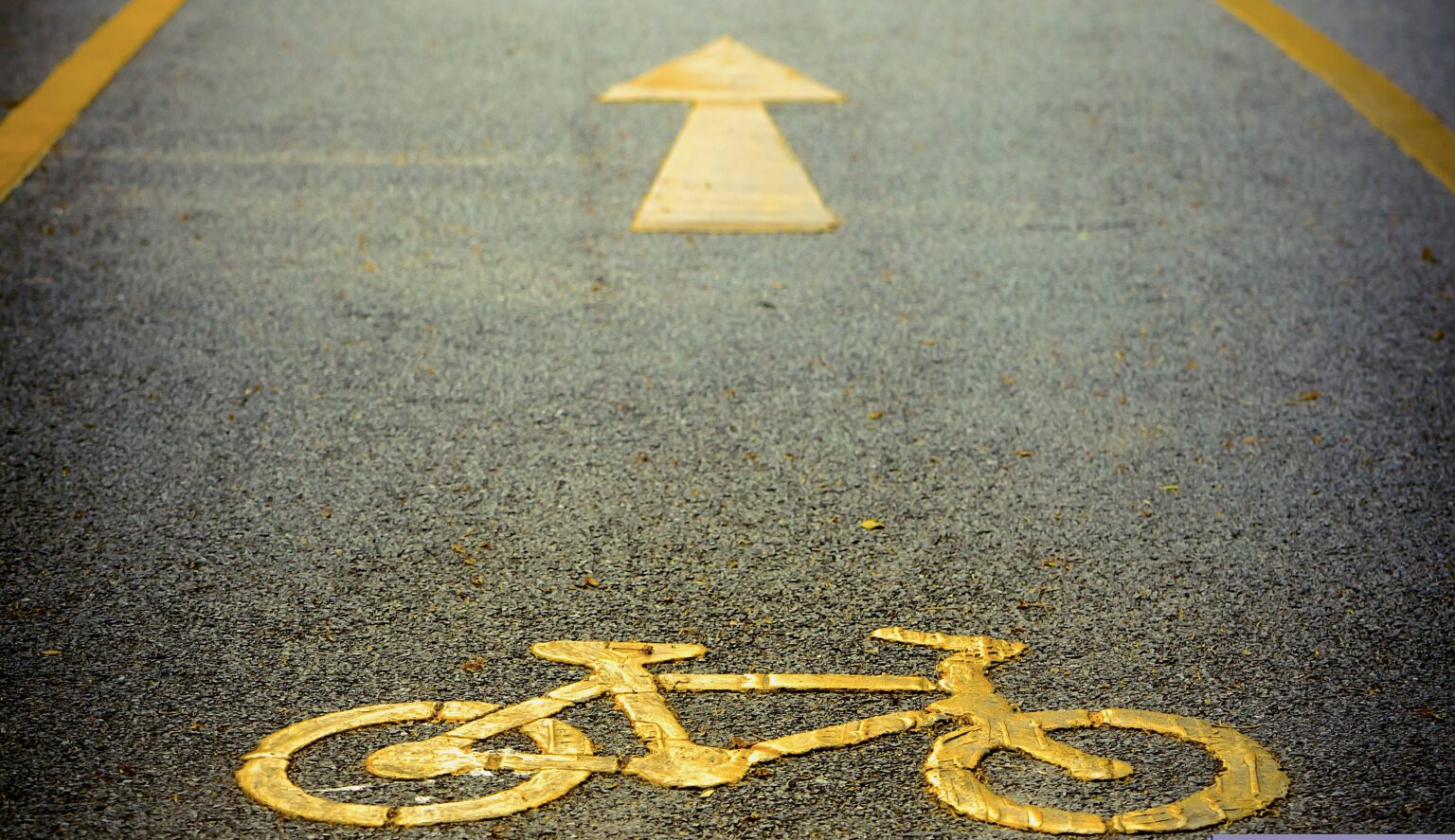Decades have passed since the arrival in Italy, from America, of a “street” game for children, skateboarding, which in the meantime has become an Olympic sport at the last Olympics (those of Tokyo, which the pandemic has caused to be postponed from 2020 to 2021) and has already been confirmed for the next ones, both next summer in Paris and in 2028 in Los Angeles. The book that reminds us of this is entitled Nessuna regola – 40 anni di skateboard in Italia (No rules – 40 years of skateboarding in Italy), written by Lele Lutteri, and contains a particularly interesting detail for communities like ours, which today are trying by all means to reinvent urban mobility by seeking sustainable alternatives to four-wheeled vehicles. Alternatives that do not disdain wheels in order to renounce fossil fuels.
The detail mentioned is that the skateboard originated in California as a tilting tool that would allow surfers to train on dry land in the absence of waves, but it was the absence of rain that made it the favourite toy of generations of young people. 1976 turned out to be a particularly dry year for California, and in Los Angeles the thousands of affluent swimming pools were emptied, ready to be transformed into skating rinks. Now that the evidence of climate change is increasingly supported by scientific research and the lack of rain threatens not only VIP swimming pools, but also farmers’ crops and ordinary people’s showers, more and more cities large and small are looking for other ways to get to work or home, from the suburbs to downtown and back, by skateboard, scooter or, above all, bicycle. It may not be the recipe that will save the world, because there is never just one recipe, but it is certainly one of the actions needed to make urban spaces more liveable. However, it is precisely on bike lanes that mayors are now staking their political careers and majorities are falling by a handful of votes.
In Lisbon, in 2021, socialist mayor Fernando Medina, against all odds, lost the municipal elections too (some even say “mostly”) by tripping up a controversial bike lane that, according to its detractors, reduced too much space for cars on an avenue in the centre of the Portuguese capital. The same year, in Milan, during another election campaign, a delegation of the Fratelli d’Italia party hammered, albeit only symbolically but in front of the cameras, the bike lane on Corso Buenos Aires.
And a simple internet search is enough to discover that even in the real Buenos Aires, back in Argentina, bike lanes seem to be a headache for Mayor Jorge Macri. With the excuse of the pandemic, many have been built without planning them within an integrated mobility system’, says the cousin of Mauricio Macri who, from 2015 to 2019, was President of the Republic.
Covid made us cry a lot, but also sigh for a perhaps difficult return to car-free cities. The so-called covid lanes had ceased to be an emergency and had become protected lanes, while the money from the Recovery Fund should also be used to build more of them before 2026. Instead, motorists protest because they feel surrounded; shopkeepers protest because they do not appreciate the beneficial effects on trade of a population that walks and does not speed by car; and cyclists themselves protest because they realise that cities designed for four-wheeled vehicles are difficult to rethink for other modes of transport. And a poorly designed or constructed cycle lane, in the daily traffic war, always risks being more dangerous for a cyclist than for a motorist. There is a great deal of confusion on the asphalt, and often this confusion becomes the subject of anger or satire that goes viral on social networks, as in the case of the cycle crossing between Corso Monforte and Via Visconti di Modrone, also in Milan.
However, according to data from the European Environment Agency, road transport is one of the main contributors to total CO2 emissions in the EU, with passenger cars in particular accounting for 60.6% of total emissions. A report published on 22 April by the World Climate Organisation and the Copernicus service (the EU’s satellite monitoring system) found that 2023 was one of the hottest years ever recorded in Europe. Not to mention that an alternative transport-friendly city would undoubtedly increase its safety and liveability in many other respects. But when an issue is divisive, it also becomes perversely greedy. When a battle can snatch votes from the enemy, the political animal always sniffs out the opportunity and willingly disregards even common sense. See the recent reform of the Highway Code by Matteo Salvini, the transport minister of the Meloni government. This is a punitive measure for those who opt for micro-mobility, accuses the opposition. Among other things, Salvini removes the clause in European legislation that allowed cycling in both directions, considered by many to be one of the most effective ways of reducing average speeds in city centres. But, even more bizarrely, it reduces the autonomy of municipalities to build new cycle lanes by introducing, in some specific cases, a requirement for ministerial evaluation. A paradoxical choice to say the least for a politician coming from a party that, like the League, was born to claim the virtues of local autonomy.


